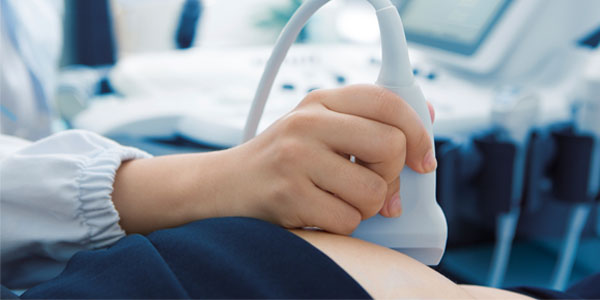Your doctor may request antepartum testing if you or your baby needs special monitoring. Special concerns that warrant antepartum testing in pregnancy include:
- Having a preexisting health condition such as diabetes or heart disease
- Pregnancy-related high blood pressure (preeclampsia)
- Having had a previous miscarriage or stillbirth
- Other test results that have indicated a concern, such as a growth problems or Rh sensitization
- Decreased movement of the baby
- Pregnancy that goes past 40 weeks (post-term pregnancy)
- Carrying twins or higher multiples with certain complications
There are six commonly used antepartum tests that your doctor may use in varying combinations to monitor the health of your baby leading up to birth. All are non-invasive and comfortable. You may have the tests more than once (weekly or even bi-weekly) depending on your doctor's recommendations.
The goal of antepartum testing is not to find a reason to deliver early but to monitor you and your baby to make sure that an early delivery is only used if there is a serious concern that warrants it.










